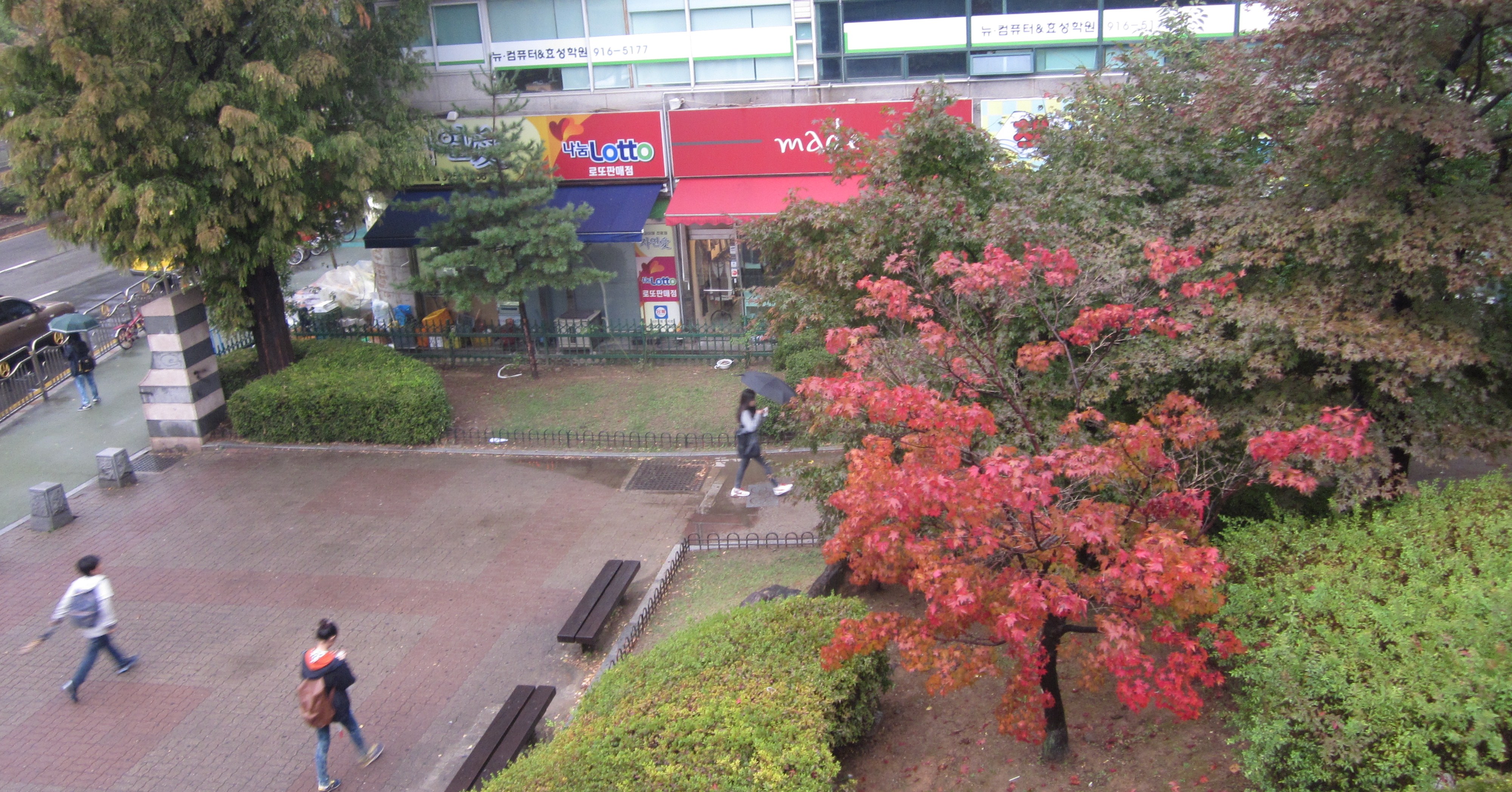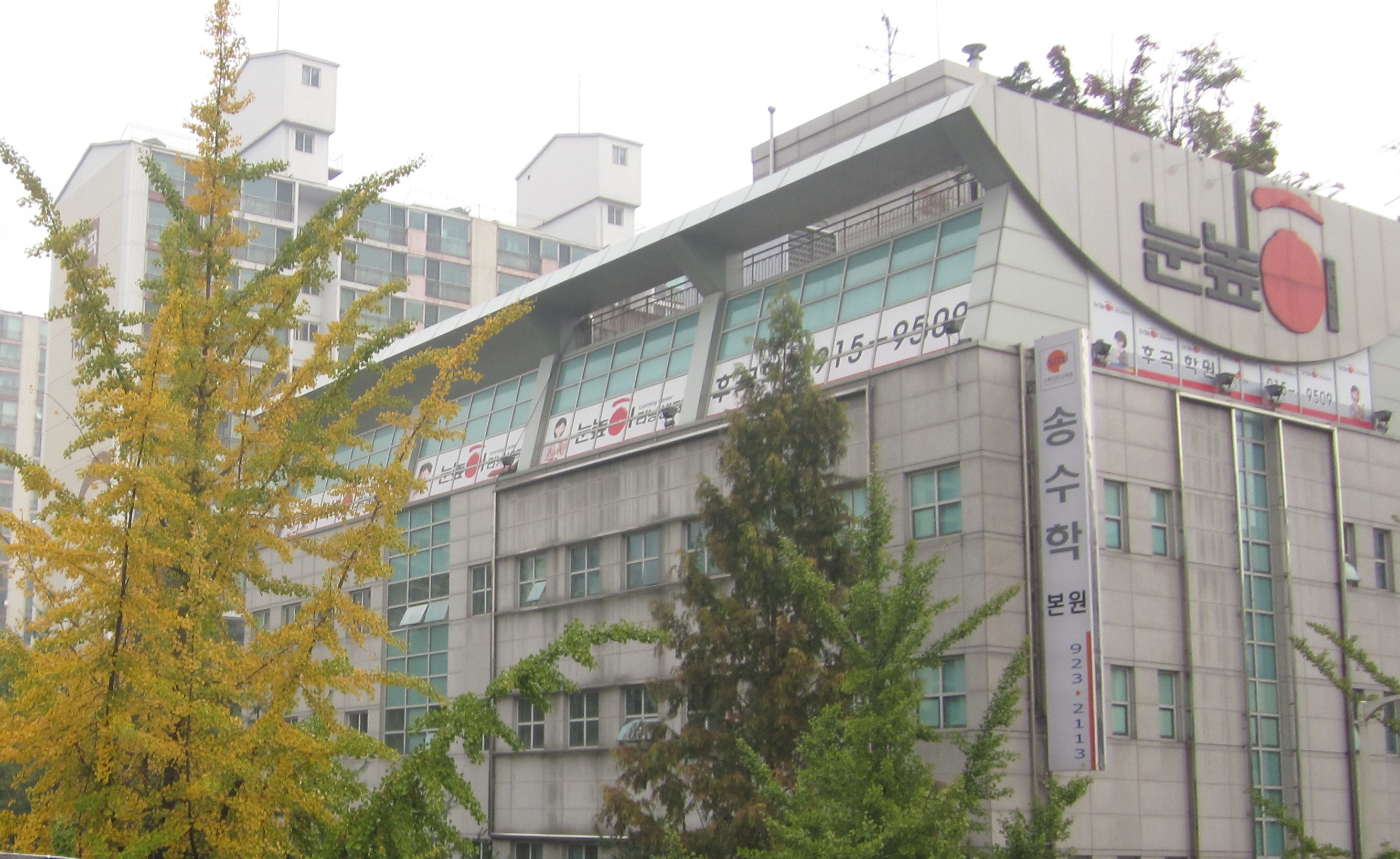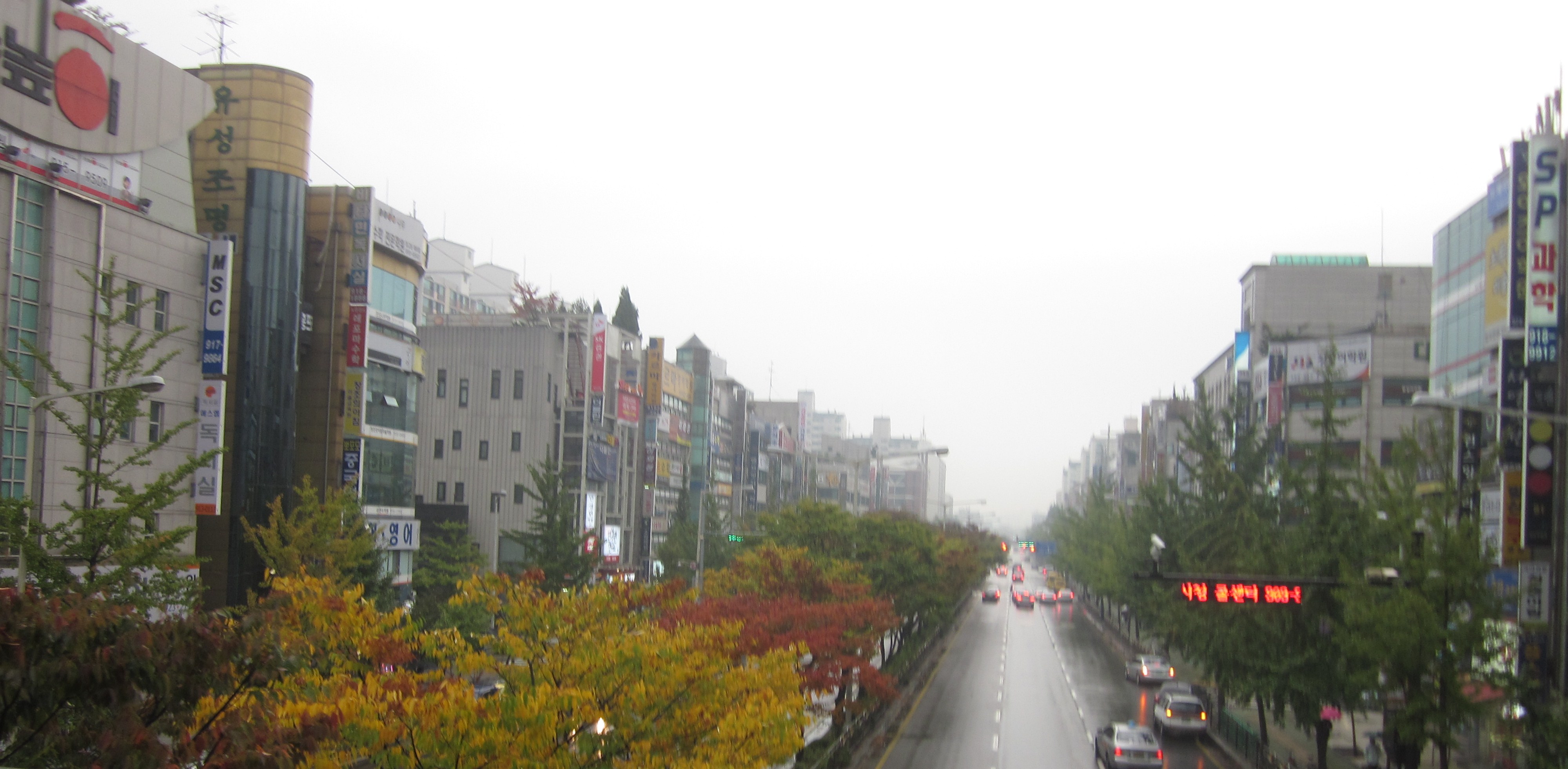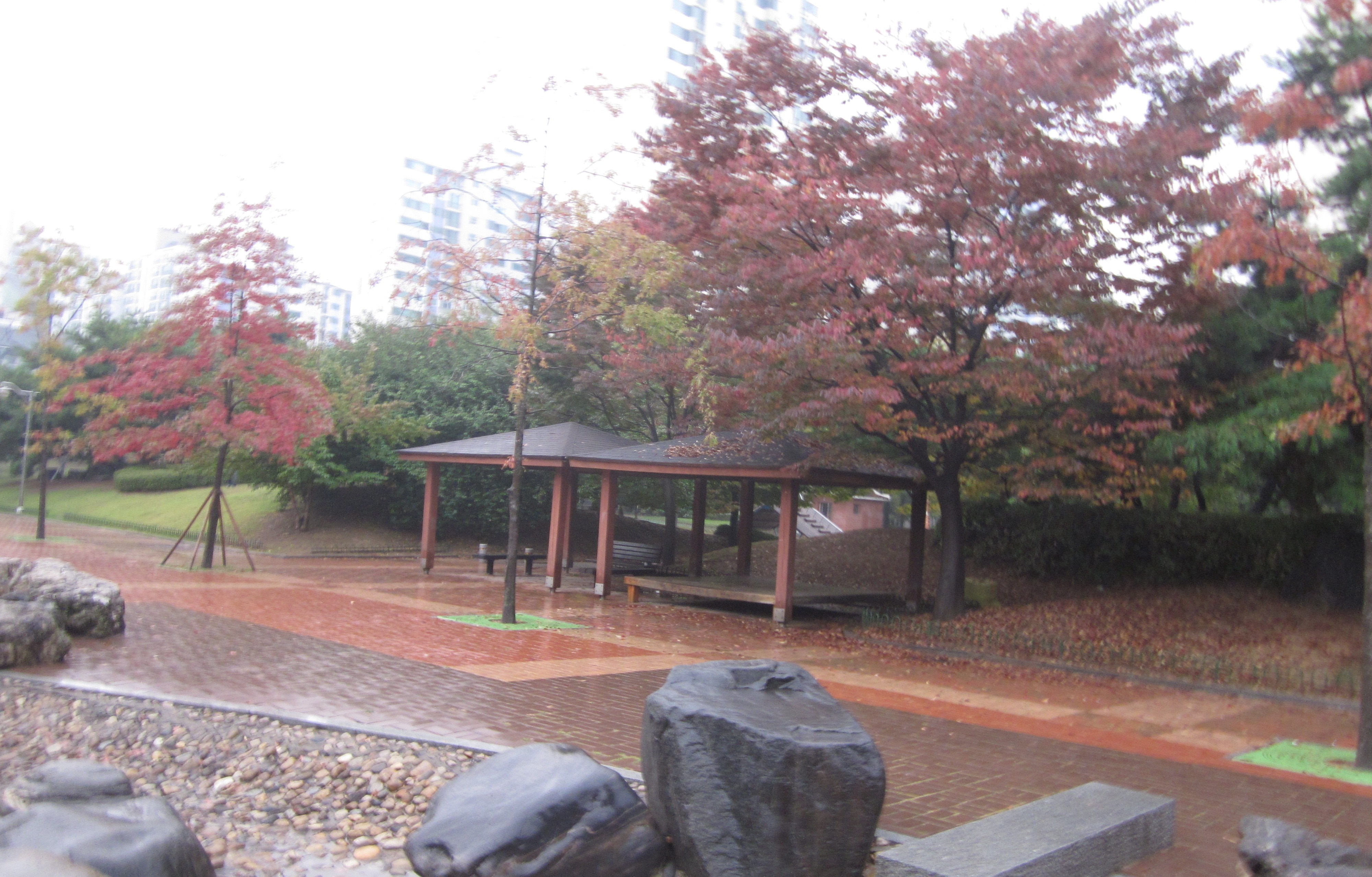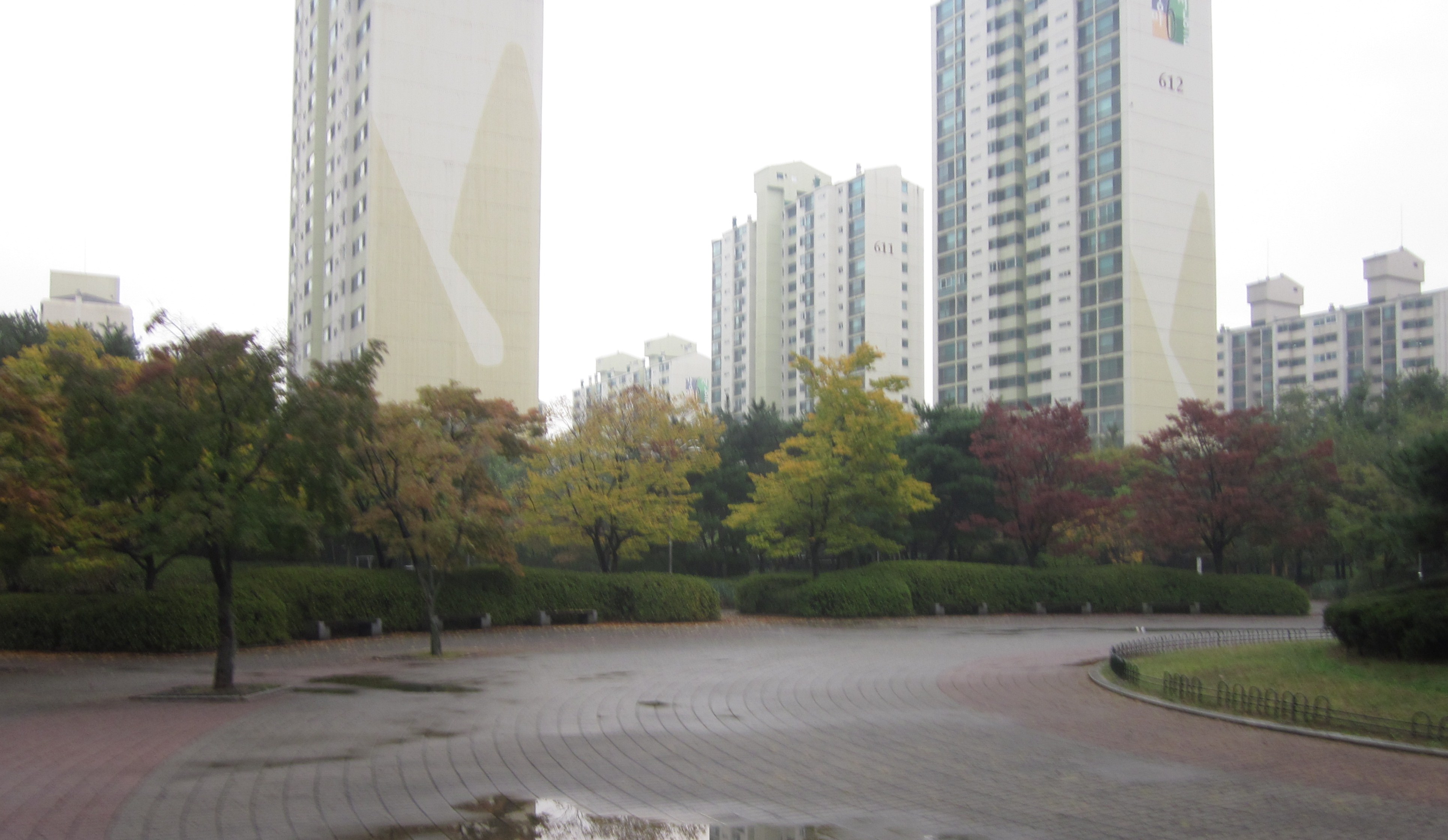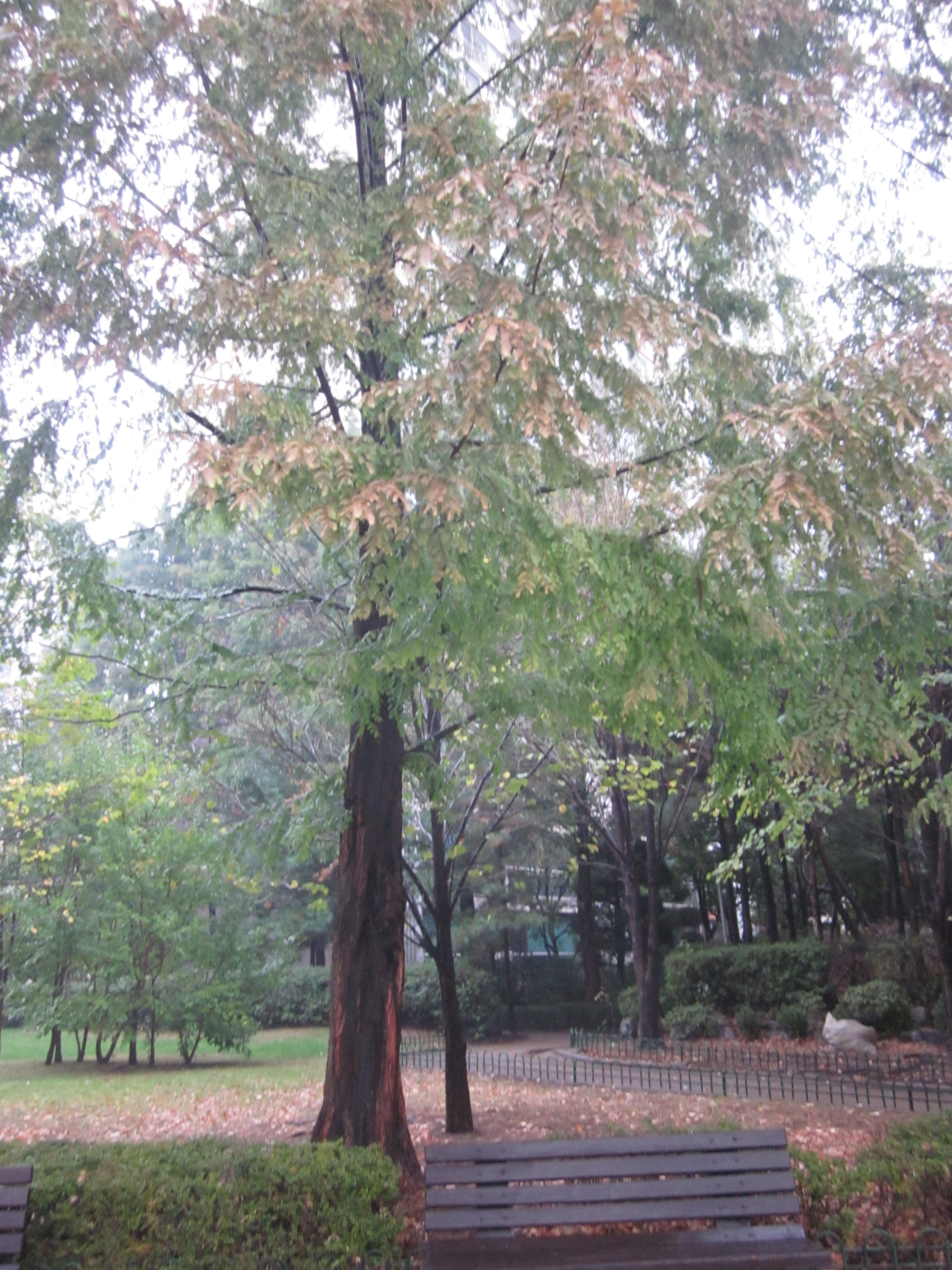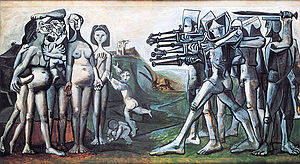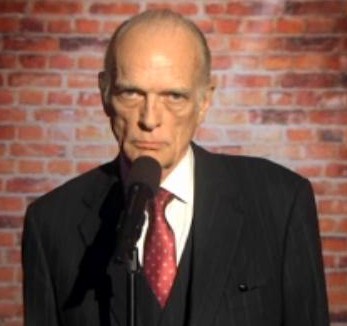Recently my debate classes completed a unit I put together on the topic of immigration. Despite the fact that I have admitted (on this blog) strong personal views on the subject, I try very hard to hide those opinions during the class, because I really want to get the students to competently address both sides – that’s the spirit of a true debate class, and also because I hate the idea that I might be indoctrinating them somehow (they get enough of that from their Korean teachers).
For their final written test, they have to write a “speech” for either the Pro or Con side of a proposition similar to (but not exactly the same as) one we have done in class, without using notes – although I typically allow them to use their dictionaries.
I had two students to whom I gave perfect scores. Below are their essays – I’ve typed them up “as is” from their test papers, retaining the spelling and grammar exactly as written (really, not that bad considering these are two Korean eighth graders who have never lived outside of Korea) with only minor adjustments to punctuation.
The proposition was: “Immigration to South Korea should be encouraged.” I really feel quite proud of their work, and the reasonable clarity of their arguments.
Hyeonguk wrote for the Pro team:
Hello? I’m Ted from Pro team. Our team absolutely think we should allow and encourage immigration to Korea. We have three strong ideas. After you hear my speech, you’ll also think encouraging immigration is good and why it is good for Korea and you.
First of all, immigration is a right. Immigration is a right that we can’t stop and restrict. Immigration is a right like liberty. If we restrict immigration, it’ll be not only like slavery, but also like restricting their freedom. So I absolutely think we should allow immigration because it is a right.
My second reason is, it will help our economy to grow. We need more consumers and workers to grow our economy. And immigrants can solve and improve this problem. Immigrants can be a strong promotion to increase our economy. So I think we should encourage immigration because they can help our economy to grow.
My third reason is about aging problem – so-called old people problem. And I think it is the strongest idea that our Pro team has. We’ll go through aging problem soon. Then, we need more young people to work. However, Korea’s child birth rate is low now, but there is a way that we can solve it. It is immigration! So our Pro team think we should allow immigration.
Untill now, I’m talking about why we need immigration. Those are about right, economy, and aging problem. It can be hard for a few years after we allow immigration. However, after we bear it, we can get a lot of benefits. “After a storm, comes a calm.” We should remember this and we should allow immigration to Korea.
Haeun wrote for the Con team:
Hello! I’m Candy from the CON team. Our proposition is “Immigration is good for South Korea” and I disagree with this idea. Nowadays, many people are coming to Korea as immigrants. For example, many Vietnamese and Filipinos are coming to Korea to marry with the farmers or the old man. Also, many Chinese are coming to work in the factory. Like these, immigrations are increasing in South Korea. I’ll tell you 3 reasons why I disagree with the proposition: immigration will lead Korea to have much more unemployment, will cause conflict between Koreans and immigrants, and Korea’s tradition like culture and language should stay pure.
First, I think immigration will cause increase of unemployment. Nowadays, many Chinese are coming to Korea to work in facotry and because the have the low pay, many factory owners like them and it will lead koreans to lose jobs. Also, because most immigrants who come to earn money came to Korea illegally, the owners can threaten them to work more. And it’s a profit to the owners, so they won’t employ the Koreans.
Second, I think immigration will cause conflict between Koreans and the immigrants. It’s a fact that most Koreans are conservative and don’t like the foreigners, especially people from South East Asia. For example, there was a woman who wanted to go to a bathhouse who came from Southeast Asia. However, the owner of a bathhouse didn’t allow her to go in because she thought many people odn’t like the foreigners. And it caused many of foreigners (immigrants) to feel bad. Like these, immigration will cause a conflict and if it gets bigger, it will lead to a social problem.
Lastly, I think Korea’s tradition like culture and language should stay pure. Unlike other countries, Korea’s culture is traditional and it’s a strong point in Korean culture. If you look at America, you can see many culture and languages existing in one country because most of the immigrants have a tendency to keep their culture. And it leads a country to be confused because each of them speaks differently and has different cultures.
These are all of my 3 reasons why I think immigration is not good for South Korea. First, immigration will cause increase of unemployment. Second, it will cause a conflict between Koreans and immigrants. Third, Korea’s tradition should stay pure. I hope the immigration to South Korea won’t increase any more and want not to have the problems between immigrants and Koreans.
I also made a video of the debate speeches (which were somewhat distinct from the topic for the written test), but because the sound quality is poor and because they are not accustomed to public speaking, it’s not quite so impressive as their writing. Nevertheless, I’ll try to post that sometime.



